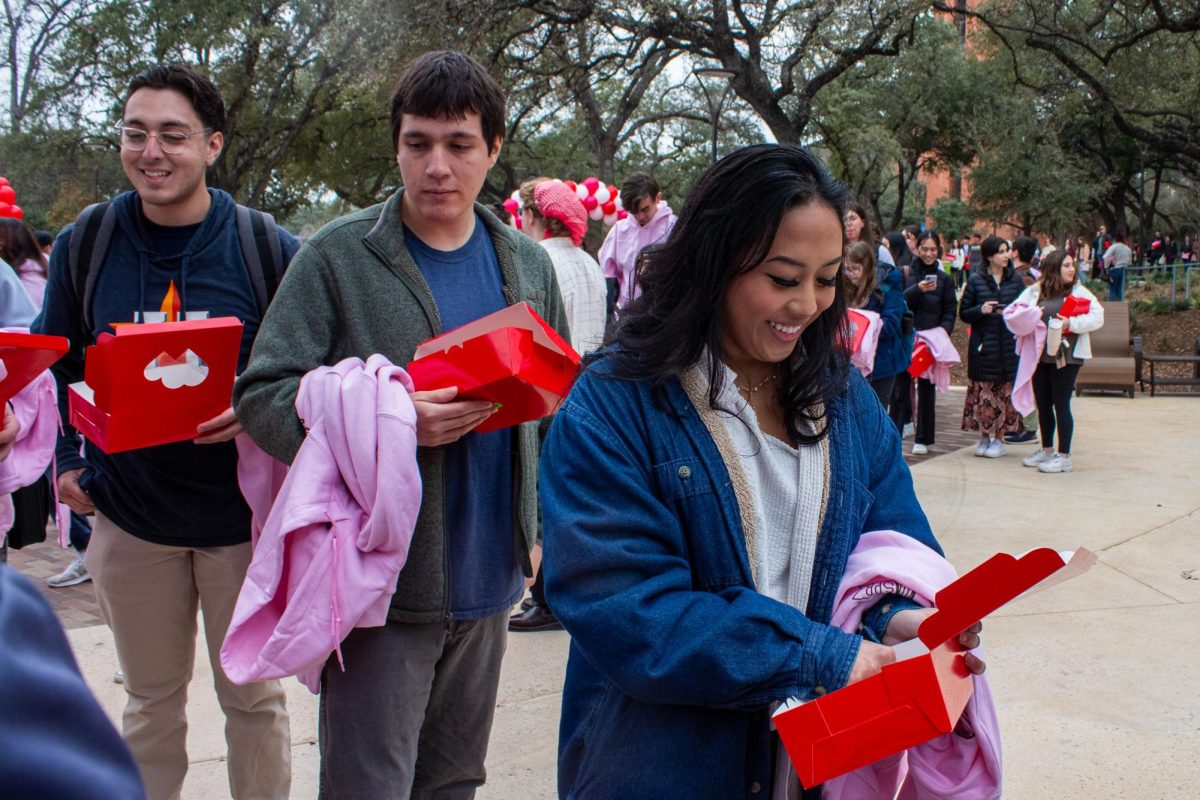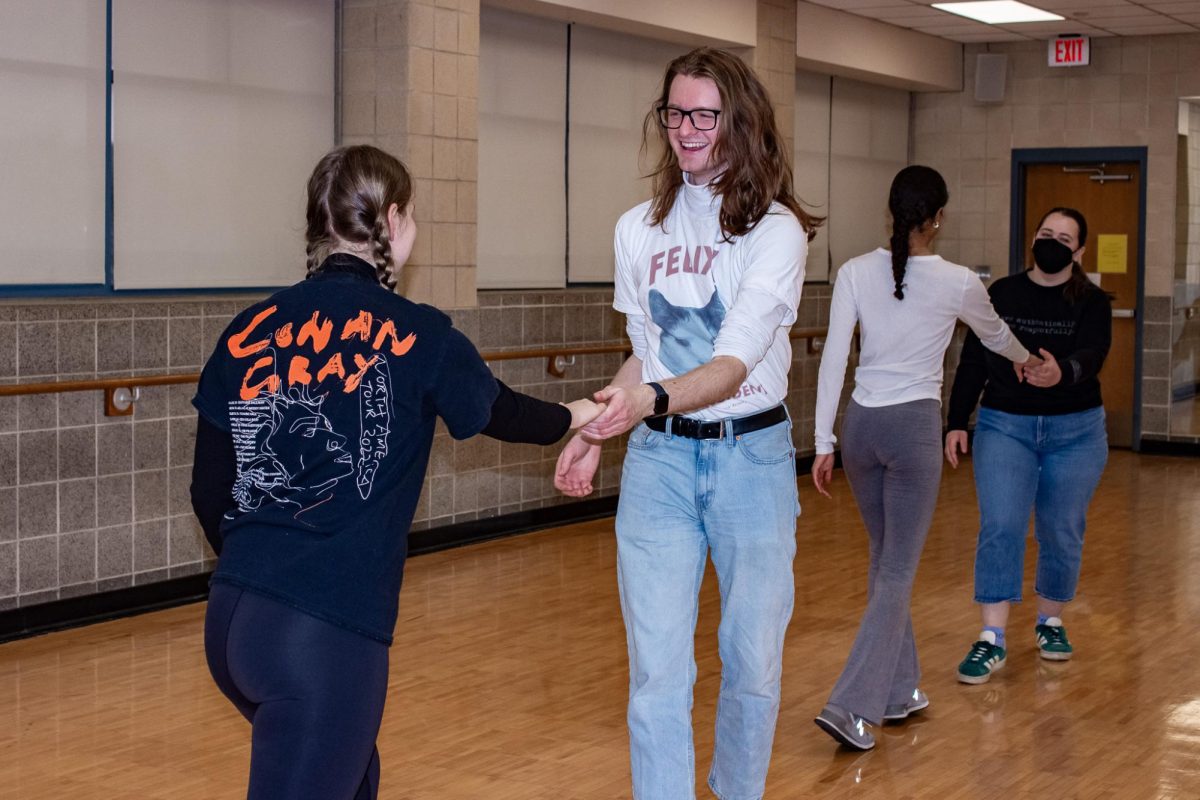Every new first-year class deals with homesickness and uncertainty. Stepping away from the familiar and into a completely new environment can be overwhelming. While new is good, it’s also scary. But there are many different ways incoming and current students can make Trinity feel like more than just a university and turn it into a place that they belong.
Residential assistants (RAs) in first-year residences organize regular hall meetings and activities so that first-year students can get to know their hallmates. Junior Ben Brody, residential assistant, will be monitoring part of Dick and Peggy Prassel Hall this year and believes that every Trinity student should build a support system on campus.
“I strongly encourage first-year students to actively seek out groups or organizations that appeal to them,” Brody said. “Trinity has an elaborate infrastructure for connection and development, but ultimately, it’s your choice if you make use of it.”
Building new relationships can be daunting, but creating a support system on campus can help make new students comfortable. Senior Ariana Conway is a member of Chi Beta Epsilon, one of the many organizations on campus belonging to Greek life.
“I personally joined Greek life my sophomore year, and immediately after making those connections with my sisters Trinity finally started to feel like home — not just where I went to school,” Conway said.
Conway’s roommate and sorority sister, senior Claire Hausauer, agreed that her sorority helped but added that a student’s hallmates are also an excellent place to begin looking for friends.
“The sorority didn’t really come into play until I was already established with my hallmates and our integrated group of people,” Hausauer said.
If Greek life doesn’t appeal to students and they’ve yet to bond with their hallmates, there are still numerous other places to find a home at Trinity. Not only are there varsity sports that encourage players to rely on each other and build connections, but also there are also other athletic clubs that students can join, including cheer and dance.
“Staying busy made Trinity feel more at home,” said Erin Becker, sophomore and member of the Spurs sorority. “That’s why I joined cheer.”
Students that don’t want to make the time commitment varsity teams require but still want to participate from time to time may find happiness in club sports or intramurals, like volleyball or soccer.
Chen Wang, sophomore and RA, has attended many intramural volleyball games and has herself played for the intramural soccer team.
“Club sports are more competitive and intramural would be a better way to make friends,” Wang said.
Besides Greek life and sports, organizations at Trinity span far and wide.
According to Shannon Edmond, the coordinator for Student Involvement, there are three steps that students should keep in mind when choosing an organization. The first is to find one that aligns with their professional interests.
“If [students are] interested in business that they look into Alpha Kappa Psi or the Financial Initiative, or if they’re interested in art history that they join the Trinity Art Collective,” Edmond said.
The second is to find organizations that connect to their personal interests, like hobbies that bring them joy.
“Before they come to student involvement fair, [they should] examine things that they are interested in, or a new interest of theirs, and join that organization,” Edmond said. “Chess club, knitting club, Swashbucklers, Student Programming Board, they can get plugged into that.”
The third and final one is to try something new — something that they’ve never done before.
“This year we’re really challenging someone to find something new, to find something that they would never think of joining. Maybe a different ideology or beliefs. [Students should] go to a meeting and see how they can expand their thoughts and their beliefs and their horizons,” Edmond said.
Perhaps the most important thing that first years and older students alike should remember is that building long lasting relationships and getting comfortable takes time. It’s alright not to feel integrated into the university straight away. Missing home, old friends and old hometowns is perfectly normal.
But for students still feeling lost, Trinity’s counselling services, Residential Life assistants and Res-Life faculty are good places to seek emotional support, comfort and guidance as they are all formally trained to help students make the transition from high school to college.
To make an appointment with Counseling Services, call 210-999-7411. To contact the Residential Life office, e-mail reslife@trinity.edu or call 210-999-7219.













